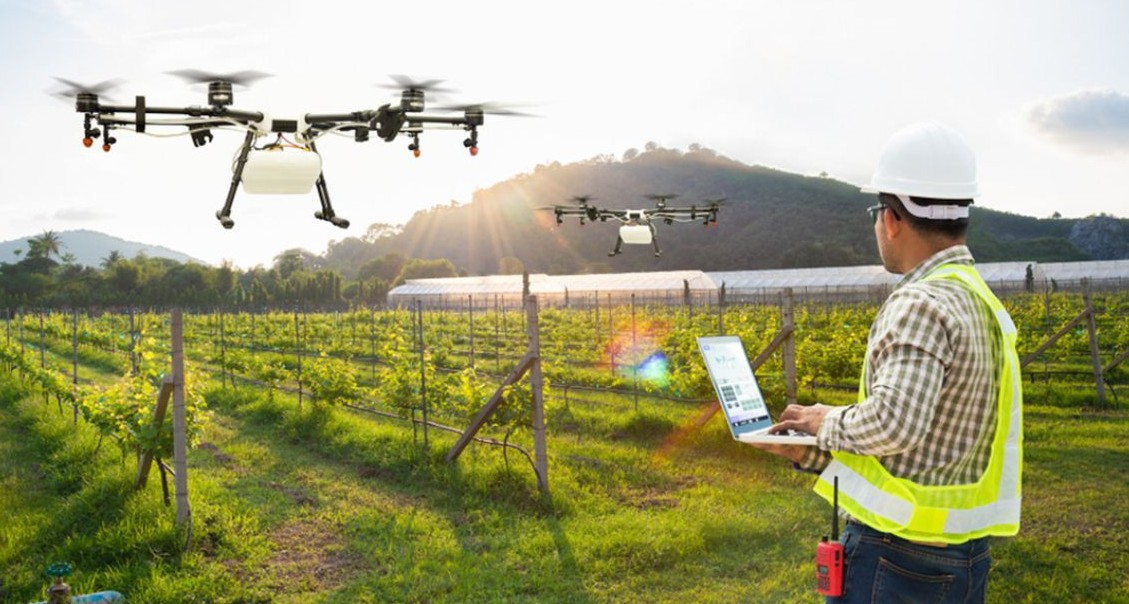As 2025 approaches, Indonesia's agricultural sector confronts a series of significant challenges that threaten its sustainability and productivity. Addressing these issues is crucial for ensuring food security and the livelihoods of millions dependent on agriculture.
Climate Change: A Pressing Concern
One of the foremost challenges is the impact of climate change. Recent events, such as El Niño and a subsequent weak La Niña, have disrupted traditional weather patterns, leading to water scarcity during dry spells and excessive rainfall during wet seasons. These fluctuations complicate farming activities, affecting crop yields and quality. The agriculture sector is particularly vulnerable, experiencing difficulties ranging from droughts to floods, which can devastate crops and soil health.
Geopolitical Factors and Rising Input Costs
Global geopolitical tensions have led to increased prices for essential agricultural inputs, notably fertilizers. The heightened costs strain farmers' finances, making it challenging to maintain optimal crop production levels. Additionally, these geopolitical dynamics disrupt international trade, affecting the availability and affordability of agricultural commodities.
Population Growth and Food Demand
Indonesia's growing population intensifies the demand for staple foods, particularly rice. According to data from Statistics Indonesia (BPS), the country's rice consumption increases by approximately 1,300 to 1,400 tons annually. This surge necessitates substantial efforts to boost domestic production to avoid over-reliance on imports and ensure food sovereignty.
Land Conversion and Agricultural Sustainability
The conversion of agricultural land, especially in Java, poses a significant threat to farming sustainability. Urbanization and infrastructure development lead to the reduction of arable land, thereby decreasing the area available for cultivation. This trend challenges efforts to maintain, let alone increase, agricultural output.
Strategic Responses to Agricultural Challenges
To mitigate these challenges, the Indonesian government is implementing several strategies:
- Land Optimization: Initiatives are underway to convert idle or abandoned lands, including former forests and plantations, into productive agricultural areas. This approach aims to expand the cultivation area while considering ecological, technical, economic, and socio-cultural factors.
- Technological Integration: The adoption of smart farming and precision agriculture technologies is promoted to modernize farming practices. Utilizing advanced tools and data analytics can enhance productivity, resource efficiency, and resilience to climate variability.
- Infrastructure Development: Improving irrigation systems, especially in rain-fed fields, and developing new rice fields are part of the efforts to increase agricultural output. The government also focuses on modernizing agricultural tools and strengthening extension services to support farmers.
By proactively addressing these challenges through comprehensive strategies, Indonesia aims to strengthen its agricultural sector, ensuring food security and economic stability for its population.
Read More






 Wednesday, 04-02-26
Wednesday, 04-02-26







